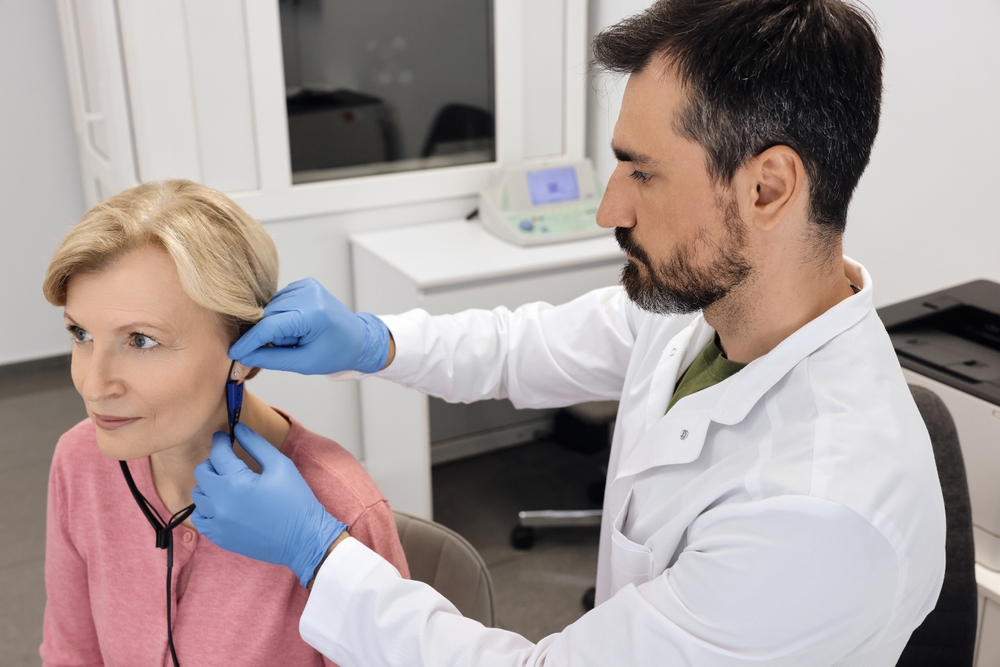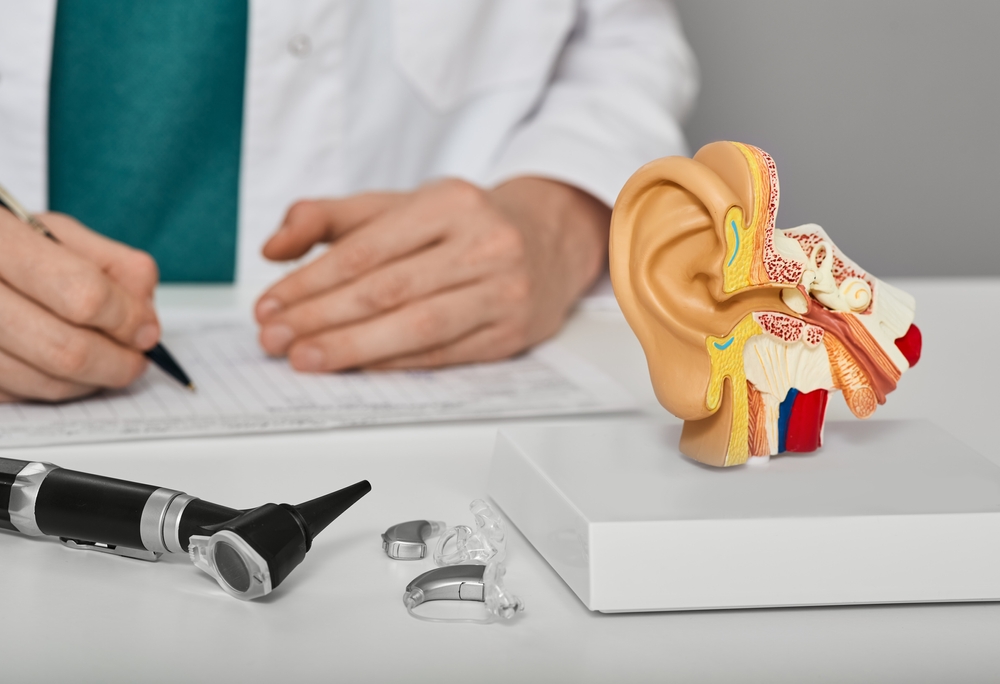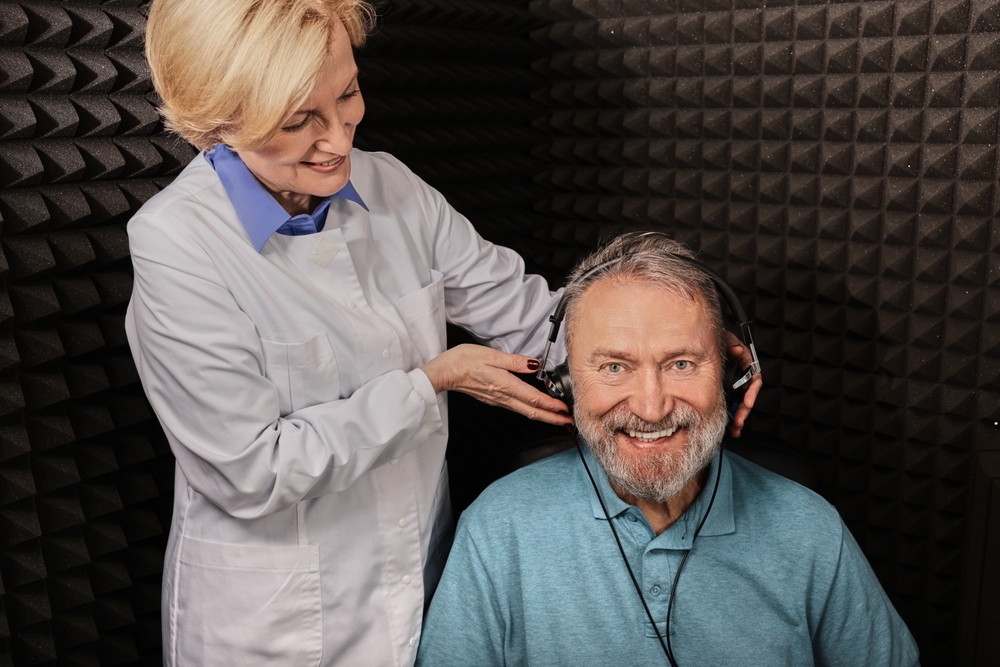Audiology is the study of hearing and balance in the challenging and expanding field of clinical science and technology.
Audiology involves assessment, management and rehabilitation of people with hearing, balance and associated disorders. This includes patients of all ages from newborns, children, adults and older people.
To gain access to the audiology profession:
-
Candidates must hold a minimum of a Second Class Honours, Grade I, in a primary honours degree (NFQ Level 8), or a postgraduate degree in any scientific or medical discipline.
-
Candidates must also complete the two-year, full-time M.Sc. in Audiology awarded by University College Cork.
Additional information on the career and courses can be found on Careers Portal.
Find out more about the role on The Irish Academy of Audiology website.




